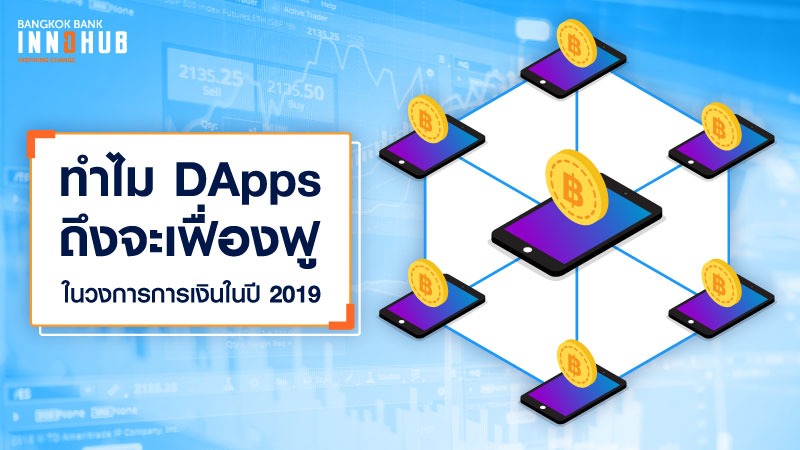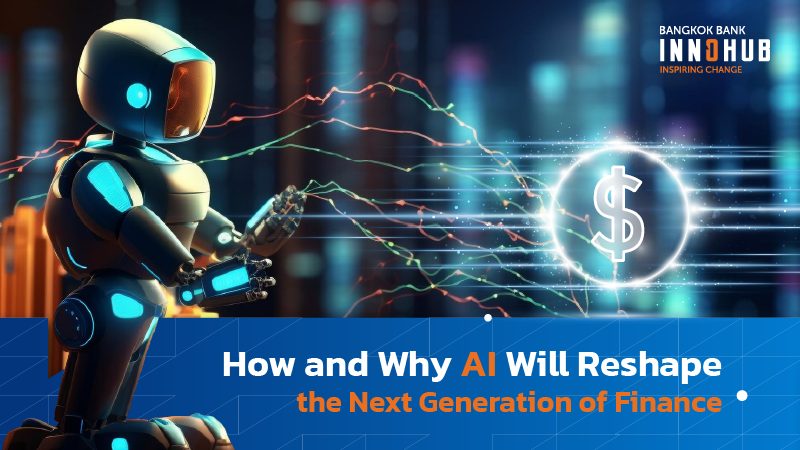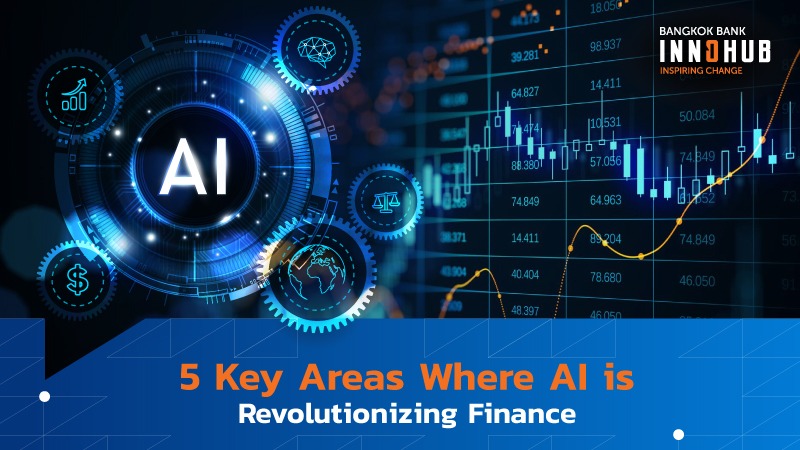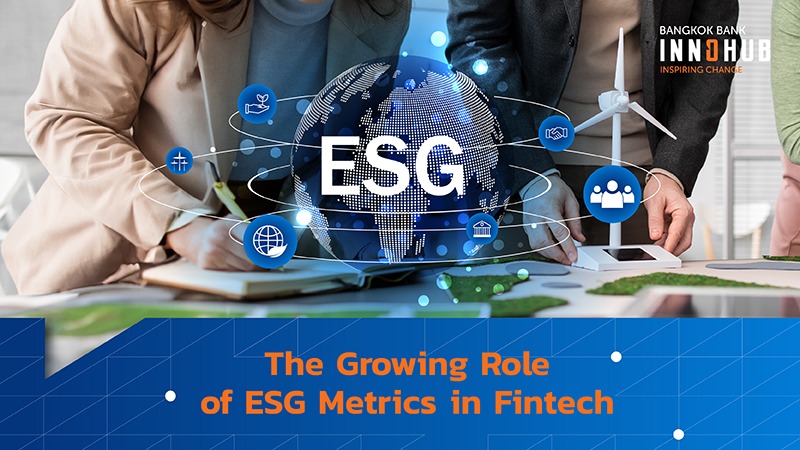
Why DApps will thrive in the financial world this year
No matter how we use the internet, our online data and activity are often registered or stored on a third-party’s server, such as whenever we make an online banking transaction. However, an increasingly popular alternative has emerged over the past decade where data is distributed among users, making it harder for others to obtain. This is referred to as a decentralized system, examples of which include Blockchain and distributed ledger technology (DLT).
At first, Blockchain was primarily used for financial transactions. As the technology improved over time its potential uses have expanded and been applied to numerous fields. A number of new applications have been developed that make Blockchain safer and more transparent, and when combined with automatically processed “smart contracts” they are known as decentralized applications or DApps. These applications offer a wide range of services, such as supply chain management, automatic transaction systems, currency exchange systems and document management systems.
DApps first caught the public’s attention with the mobile game CryptoKitties, in which players collect and exchange cat characters. The game is based on a decentralized system and transactions of an in-game currency called Ethereum, but it was when a player paid more than $170,000 to buy a character in the game that people really started to become interested in developing DApp games.
Nowadays, DApps can be developed more easily through various tools and platforms. They are supported by leading tech companies such as Corda, IBM, Microsoft and Oracle. It is predicted that DApps will continue to grow exponentially this year and they will likely become a more prominent feature in the financial industry, especially for financial transactions, international trade, clearing and settlement management, currency exchange systems and personal information management.
The flexibility of DApps means they can either be developed for completely new ideas, or integrated into existing systems within an organization. The Gates Foundation Mojaloop project is a good example of this. This project connects different payment services together to develop a system for unbanked people who cannot access traditional banking services. The system provides an online financial network, in which anyone can make transactions between different services, such as transferring money from a mobile wallet to a bank account. Apart from the added convenience for users, it also helps reduce the inequality some people experience because they have only limited access to banking services.
With improved data security, transparency and the growth of the Ecosystem project. DApps can be expected be a popular focus for financial institutions and FinTech start-ups this year. As they become more widely used, the availability of increasingly safe, trustworthy and efficient financial services will also benefit consumers.
Read More >> How smart are smart contracts?



